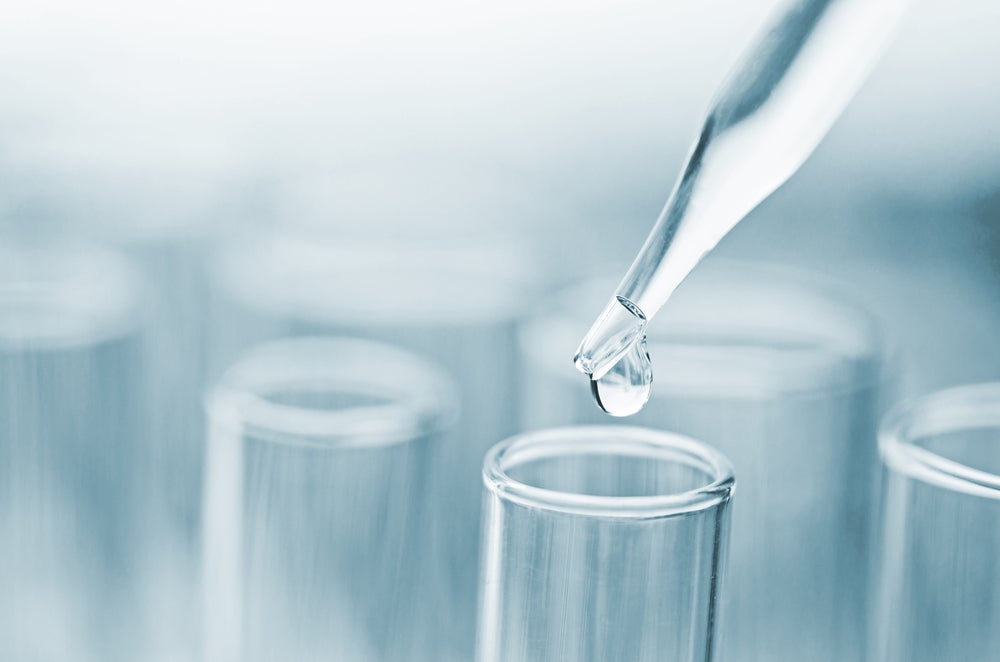Packaging company Symphony Environmental Technologies has highlighted a report by the US Environmental Protection Agency titled "Accelerating polymer degradation using pro-oxidant additives".
The research states that "single-use plastics that are commonly used for packaging and service ware, such as bottles, bags, straws and wrappers, result in land and marine pollution as they break down into microplastics.
“Blending plastic with pro-oxidants could be a promising solution, as they accelerate photooxidation to obtain degradable materials whose final ecological and physical footprint are much smaller."
In the study, two pro-oxidants, iron stearate and cobalt stearate, were melt-blended with polypropylene (PP) at concentrations of 1 and 2 weight per volume.
Plates of neat and pro-oxidant-filled PP were then kept in an accelerated weathering chamber that simulated the damaging effects of long-term outdoor exposure. Samples were taken out from the test chamber and their properties were measured at intervals as they underwent photochemical degradation.
Physical, thermal and chemical properties of pristine and pro-oxidant-filled samples were measured, using thermogravimetric analysis, differential scanning calorimetry and Fourier transfer IR spectroscopy.
The results were that “within 300 hours of ageing in the chamber, PP with pro-oxidants was embrittled, cracked and broken into pieces. After 500 hours of ageing, plastic plates showed a significant reduction in melting and re-crystallisation points. This indicates polymer-chain breaking and rapid depolymerisation."
Additionally, “analysis of the wash-water samples indicated water-soluble degradation products are potently biodegradable and can be assimilated by micro-organisms.”
The study offers a successful approach in which benign filler could significantly reduce the persistence of plastic pollution without creating undesired by-products.
Symphony CEO Michael Laurier commented: "It seems that everyone is now realising, all around the world, that making the plastic with d2w technology [technology which turns ordinary plastic at the end of its useful life, in the presence of oxygen, into a material with different molecular structures] is the way to prevent plastic in the environment from creating microplastics and accumulating there for decades.”
The company recently warned against a proposed plastic bag ban in the US state of California.









